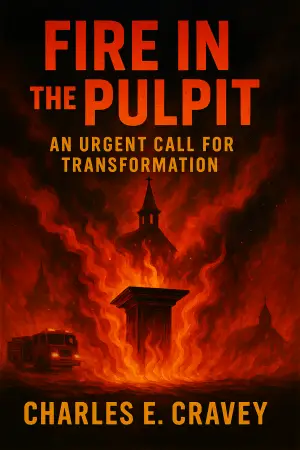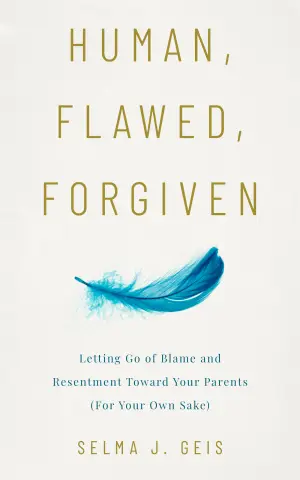Review of The War on Warriors: Behind the Betrayal of the Men Who… by Pete Hegseth
When I first came across The War on Warriors by Pete Hegseth, I was intrigued by its promise to delve into a topic that feels both current and historically significant—the culture of the military and the complexities of modern warfare. I approached it with an open mind, curious to see how Hegseth, a prominent voice in conservative circles, would frame his arguments. Unfortunately, what I encountered was far from the enlightening discourse I had hoped for.
From page one, it was clear that Hegseth’s writing lacks the finesse one would expect from a seasoned author. The prose feels jumbled, repetitive, and often disorganized, making it a struggle to stay engaged. A mere few pages in, I found myself questioning how a political screed could be so dry—particularly when so much of Hegseth’s subject matter plays on passions and grand narratives. I mean, how do you make right-wing politics dull? It feels almost like a feat unto itself.
The book is rife with moments that hint at deeper inquiry but ultimately fizzle out under the weight of cliché. For instance, Hegseth suggests that Congress should have a greater say in military engagements, which is a legitimate point, but it gets lost amidst his incessant rants about "normal" men in the military and his disdain for trans individuals. These discussions could have been nuanced and provocative, but instead, they often read like a series of tired slogans strung together—think “I don’t recognize black or white… all I see is army green,” repeated ad nauseam.
Yet, there were glimpses of almost substantive reflection. Hegseth’s attempt to liken the fervor of protestors to that of soldiers was intriguing, tapping into something genuine about the societal divide. Unfortunately, this level of insight is overshadowed by his fixation on a narrow view of masculinity and his obsession with what he deems ‘normal’ in warriors.
As I flipped through the pages, I found myself noting moments that, quite unintentionally, veered into dark comedy territory. Take his assertion that “in a world of ‘equity’—a communist word—meritocracy is evil, unfair, and always racist.” It’s hard not to chuckle at the sheer absurdity of it, especially when it brings to mind a character from Arrested Development citing the most bizarre connections in an argument. Similarly, references to being “whores to the wokesters” and an imagined dialogue with Al Qaeda felt as though they were penned by a character out of a sitcom—a bizarre twist in a serious narrative.
By the end, I felt like I had slogged through a swamp, only to surface with a few nuggets of humor. As Hegseth wraps up his narrative with a letter to his sons that expresses an expectation for them to join special forces, it was clear that the sentiment lacks the depth needed to resonate meaningfully.
In conclusion, while The War on Warriors might appeal to die-hard fans of Hegseth or those entrenched in his ideological camp, it’s hard to recommend this book to anyone seeking thoughtful discourse on military culture or geopolitics. Instead, save yourself the hours I spent reading it; pick up something with substance, or simply seek out your local community events. This book is a prime example of how even the most tantalizing topics can fall flat, leaving readers both bewildered and yearning for so much more.
Discover more about The War on Warriors: Behind the Betrayal of the Men Who… on GoodReads >>






